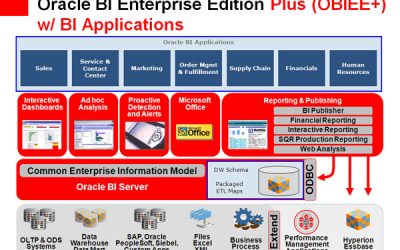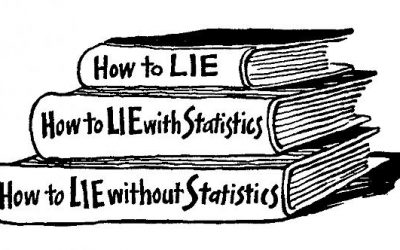For businesses in many industries, the role of chief data officer is something new. But it is a position that is becoming increasingly central to the way that businesses are run. Despite their importance to future success, many companies fail terribly in their allocation of duties to data officers – they have them doing the necessary but mundane work of data quality, rather than their real job.
 Previously, data was regarded by many executives and business owners as something that the IT department did for other departments, like marketing or sales. Sometimes this would feed into other parts of the business in a convoluted way. An example is the way that marketing departments would feed information they had learned from customers into the product development process.
Previously, data was regarded by many executives and business owners as something that the IT department did for other departments, like marketing or sales. Sometimes this would feed into other parts of the business in a convoluted way. An example is the way that marketing departments would feed information they had learned from customers into the product development process.
Chief data officers are able to bring structure to the process of analyzing data, and this structure has considerable benefits for business. But according to Jill Dyché from SAS Institute Inc., there is a problem. In an article on the SearchDataManagement blog entitled “Don’t fill chief data officer role until you’re ready for it,” she told executive editor Craig Stedman that organizations are asking their chief data officers to do the wrong things. This often involves the IT parts of data—the acquisition of data, and, crucially, ensuring that it is accurate and managed well.
In a sense, they are asked to be chief data quality officers, rather than chief data officers.
Doing the Right Job
The benefits of letting a chief data officer do the right job are huge, but what exactly is the right job? That depends on the business, but it also involves being on the strategy side of looking at and analyzing data, rather than the mechanical side of data quality and management.
In the retail industry, for example, chief data officers are helping marketing teams to improve the overall customer experience, as well as helping them to create offerings that are better targeted at specific consumers. In the financial industry, chief data officers are helping companies find new revenue-generating opportunities and products, as well as analyzing information to reduce the impact of fraud and to help financial services companies stay on the right side of regulators.
Data quality is essential to all organizations that seek to use data in a meaningful way. The solution to data quality, however, is not a chief data officer. Their value is so much more than this.
Big Data and related technologies – from data warehousing to analytics and business intelligence (BI) – are transforming the business world. Big Data is not simply big: Gartner defines it as “high-volume, high-velocity and high-variety information assets.” Managing these assets to generate the fourth “V” – value – is a challenge. Many excellent solutions are on the market, but they must be matched to specific needs. At GRT Corporation our focus is on providing value to the business customer.
Oracle Looks at BI Trends
Mobile is taking over the Business Intelligence (BI) world. So is the cloud. And Big Data, especially "unstructured"...



